
The Checklist
There’s a surefire way to destroy the Evil Inclination’s lying propaganda that tries to weaken our resolve and discourage us from praying. We simply make a checklist...

Translated by Rabbi Lazer Brody
In Forest Fields, Part 27
Many people don’t pray because they either believe that they’re not worthy of prayer or they harbor the misconception that Hashem only listens to the prayers of the very pious. Neither one of these thoughts, or any other, should discourage a person from prayer.
Prayer is a gift to mankind from Hashem’s infinite mercy. Therefore, anyone is welcome to pray, for Hashem’s mercy is infinite and for everyone, not only for the righteous.
There’s one prayer in Jewish liturgy that we say thrice daily every day of the year, including Shabbat, High Holidays, and Fast Days. It’s known as the “Modim” prayer, where we say, “We thank You, Hashem,” for a number of his magnificent blessings. One of our praises of Hashem within the Modim prayer says, “The Good One, for His mercy hasn’t ended; and The Merciful One, for His acts of loving-kindness haven’t terminated…” Once we internalize the concepts of Hashem’s never-ending goodness and mercy, nothing can weaken our resolve to turn to Hashem in prayer anytime and anywhere.
The Checklist
There’s a surefire way to destroy the Evil Inclination’s lying propaganda that tries to weaken our resolve and discourage us from praying. We simply make a checklist with all the possible reasons we can think of for not praying. Let’s make a sample checklist together:
 I’m not a righteous person
I’m not a righteous person- I haven’t yet made teshuva
- Who am I that Hashem should listen to my prayers, much less answer them?
- I don’t deserve anything.
- I’m a nothing.
- I never seem to succeed at anything.
- I’m embarrassed to talk to Hashem, especially with the skeletons in my closet.
- I have no idea how to pray.
- I don’t believe in the whole prayer deal.
- (fill in your own reason…)
Now, let’s take our entire checklist of all the reasons that we think we can’t pray (or the reasons that the Yetzer tells us that our prayers aren’t worth anything), and convert them into a prayer! Look what we do with the above checklist:
Master of the World! I know full well that I’m not a righteous person and that I haven’t yet made teshuva. I look at myself and ask myself who am I that You should listen to my prayers? I don’t have any way to convince You that I deserve anything, because I feel like a nothing. I never seem to succeed at anything, and I’m embarrassed to talk to You, especially with the skeletons in my closet. Basically, I have no idea how to pray and I don’t even know if I believe in this whole prayer deal. Despite all these shortcomings and more, I appeal to Your infinite mercy because I’m one of your creations like everyone else. King David said that You are good to everyone and that Your mercy is upon all Your creations – that includes me too! So despite everything, please hear my prayers and answer them, for Your mercy is infinite!
The above prayer is unbelievably cogent. We come to Hashem with all of our shortcomings, in humility, and without expecting a thing. Hashem created the world to demonstrate His mercy, and we appeal to that mercy. As such, we are no longer praying for ourselves, but we are helping Hashem fulfill the very purpose that He created the world, to show his mercy! Such prayer is very powerful. For example, a person with a terminal illness, Heaven forbid, can appeal to Hashem’s mercy when all the doctors have given up hope. Here’s how:
Hashem, the doctors say there’s no cure for me. But, they don’t decide who lives or dies – You do! Hashem, if You cure me, everyone that knows about my dire predicament will recognize Your infinite mercy and Your name will be sanctified. So please Hashem, for the sake of Your Holy Name, I appeal to Your infinite mercy that You should cure my ailments…
To be continued.






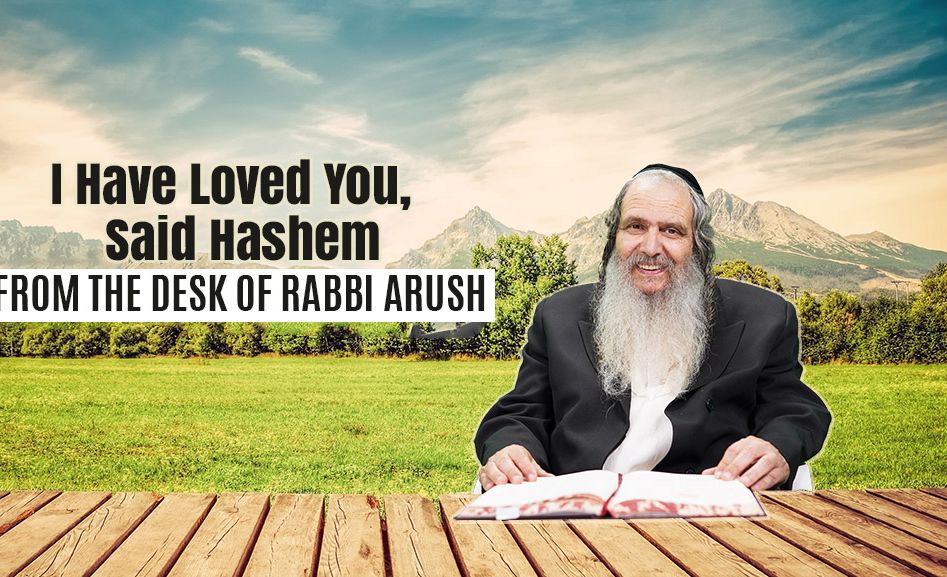
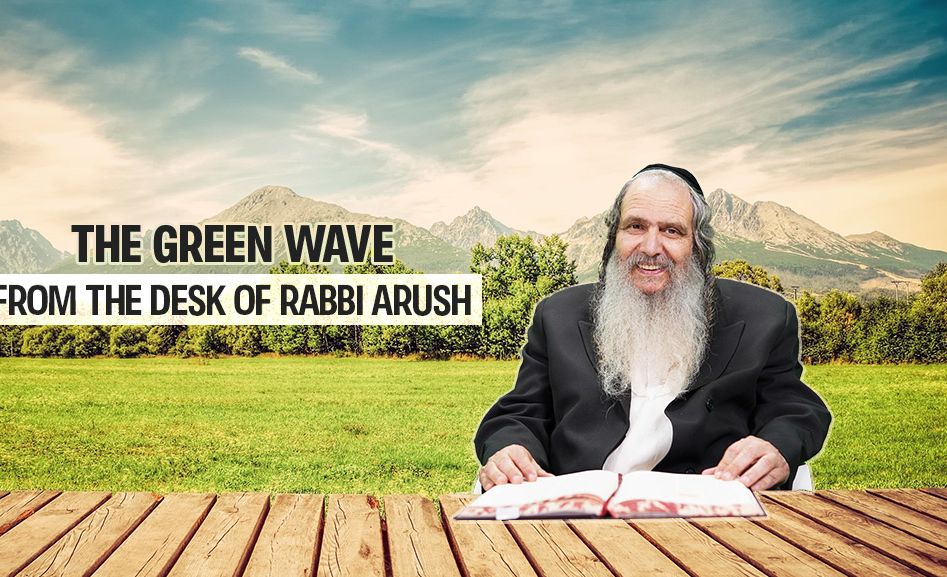
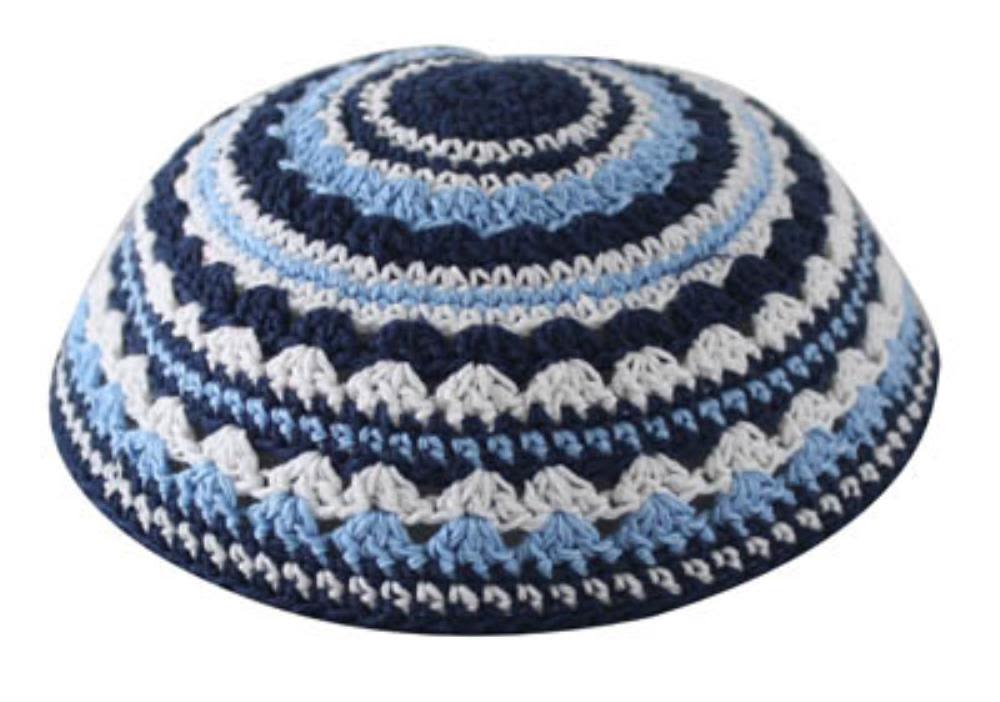
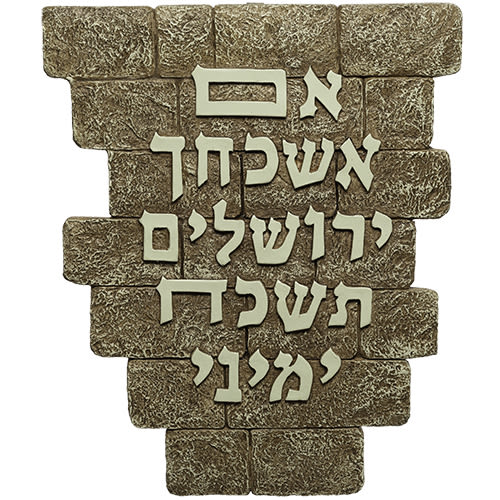

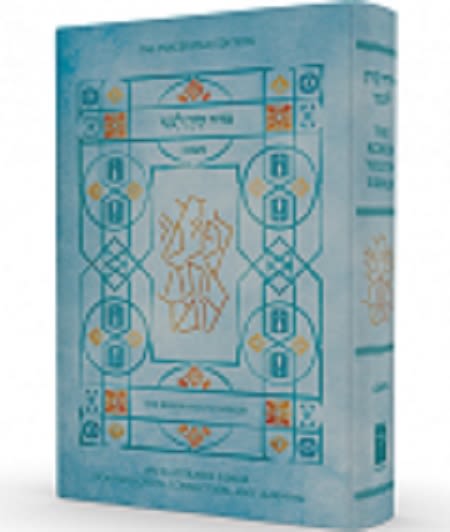

Tell us what you think!
Thank you for your comment!
It will be published after approval by the Editor.